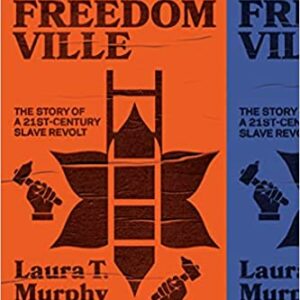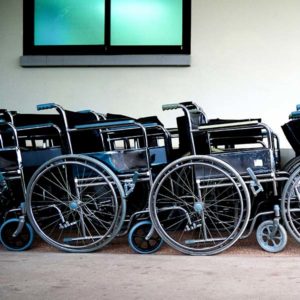
Fresh Off the Press: Furnace Creek: A Novel
Taking its inspiration from Great Expectations, Furnace Creek teases us with the question of what Pip might have been like had he grown up in the American South of the 1960s and 1970s and faced the explosive social issues—racial injustice, a war abroad, women’s and gay rights, class struggle—that galvanized the world in those decades. Deftly combining elements of coming-of-age story, novel of erotic discovery, Southern Gothic fiction, and detection-mystery thriller, Furnace Creek offers a contemporary meditation on the perils of desire, ambition, love, loss, and family.

